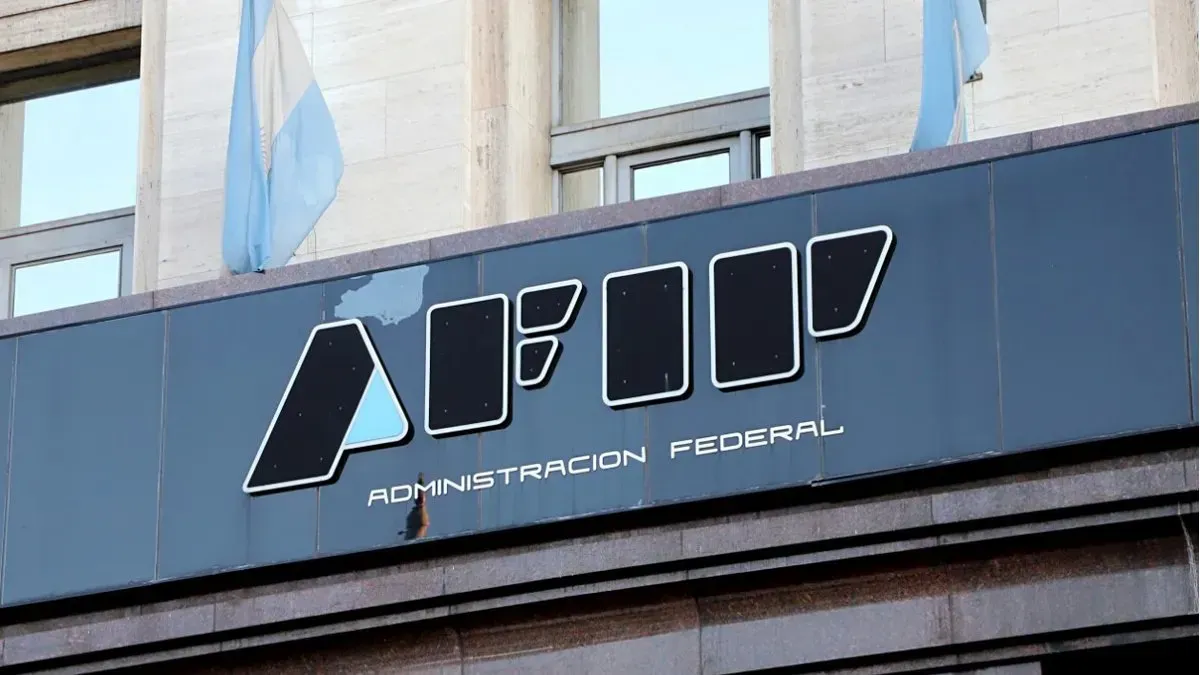The Argentine provinces are enduring a strong cut in transfers from the national stateto which is added a decrease in own resources. According to estimates by the Center for Political Economy of Argentina (CEPA)the collection of the Tax on Gross income shows an average year-on-year decrease of 10%.
“Given that the Argentine tax system is notably pro-cyclical, that is to say that the collection follows the economic cycle, With the contraction of economic activity, provincial resources are suffering sharp declines threefold,” says CEPA.
The entity states that it was recorded “a decline in the first 7 months of the year of an average of 20.3% year-on-year in real terms in the set of Resources of National Origin and a 18.4% drop in Federal Tax Sharing.”
Governors of JXC with Guillermo Francos.jpg
“Provincial own resources also show sharp declines due to the economic recession and its impact on the main provincial tax: Gross Income. The average fall in June is 10% year-on-year, although with a heterogeneous dynamic by province,” the report adds.
The loss accelerated in December 2023
In this regard, the study indicates that “the dynamics of the fall areand is accentuated in the month of December 2023with an average collapse of 15.5% and continuing during the following months.”
In June, the average decline in provincial own resources was 10% year-on-year. However, in some districts the decline is much more pronounced, such as Catamarca (-28.4%), Formosa (-20.7%), Buenos Aires City and Chaco (-19.5%).
Axel Kicillof.jpg

In the case of the The elimination of remunerated liabilities of the Central Bank hit the city of Buenos Aires very hard, that the district considered financial intermediation operations and therefore charged Gross Income.
It must be taken into account that the fall in national government resources It is of the order of 7% in the first seven months, which has to do with the fact that the Nation collects taxes that are not shared, as is the case of the PAIS Tax and withholdings. The data correspond to the Argentine Institute of Fiscal Analysis (IARAF)The problem is that shared taxes have fallen. VAT 9% and Income Tax 10.8%. Shared Internal Taxes have fallen 26% so far this year.
Other cuts
On the other hand, CEPA also highlights that “eThe National Executive has significantly reduced Non-Automatic Transfers (in some cases 100%) causing a paralysis of sensitive programs in terms of public policies, such as the Educational Management and Socio-Educational Policies program, National Teacher Incentive Fund (FONID), Relations with the Provinces and Regional Development (ATN), Development of Public Health Insurance, Technical-Financial Assistance and Infrastructure Development for Sanitation.”
“Likewise, in the first half of 2024, there will be significant budget cuts in Food Policies and in Transfers to Provincial Pension Funds, among other programs,” the report states.
The study argues that “with regard to tax transfers of national origin, these represent a good part of provincial income.” “On average,They reach 56.6% in Federal Tax Sharing (CFI) resources, while if the rest of the transfers of national origin (RON), the figure rises to 70.3% of the total,” details the CEPA
Source: Ambito




